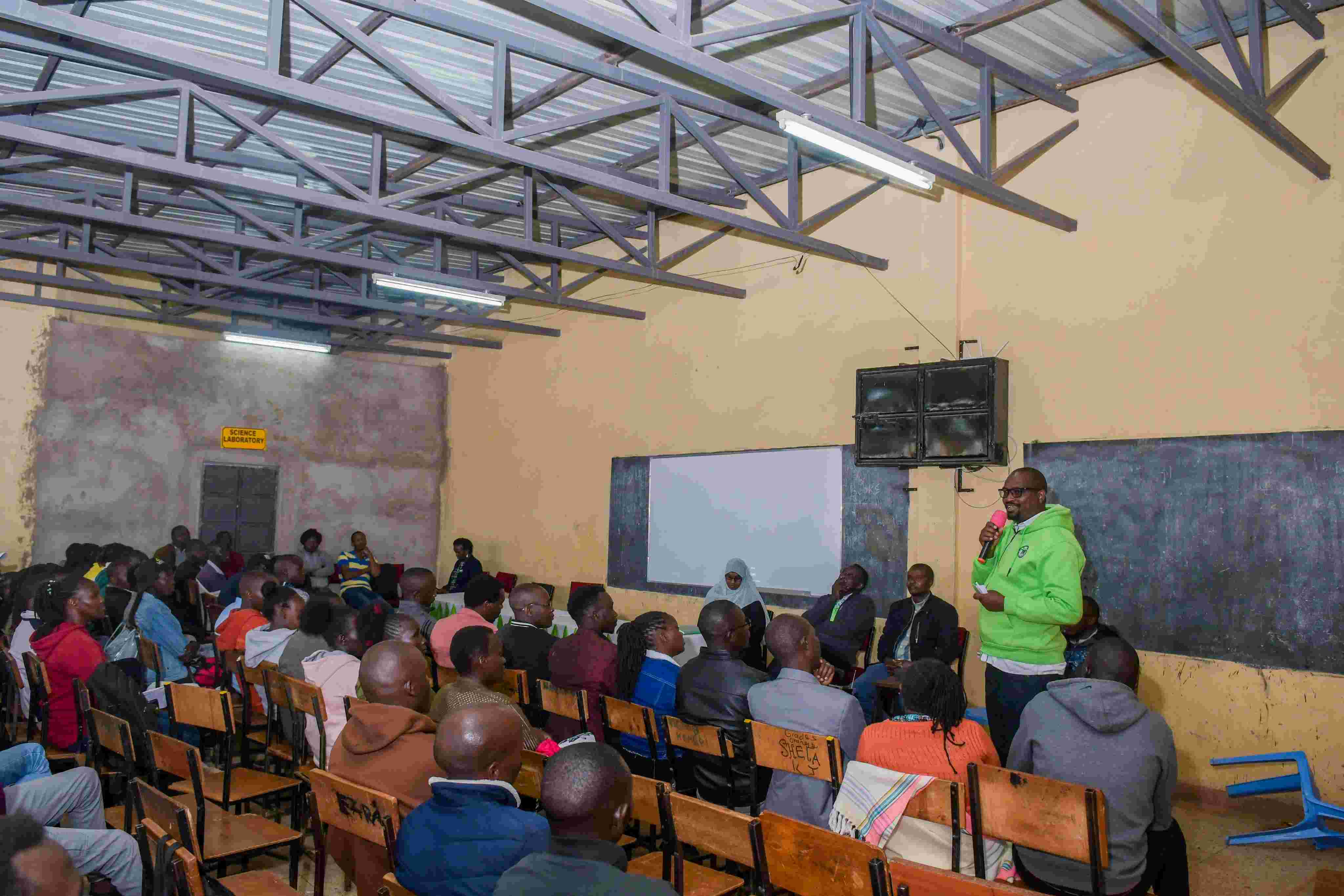Experts warn developing nations’ debt burden denies millions essential services

The appeal comes as many developing nations struggle with high interest rates, currency depreciation, and worsening climate shocks — factors that have pushed them deeper into unsustainable debt.
More than 30 leading economists and former finance ministers have called on global financial leaders to urgently address the escalating debt crisis in developing countries, warning that millions risk losing access to essential services as governments divert a growing share of their revenues to debt repayments.
The appeal comes as many developing nations struggle with high interest rates, currency depreciation, and worsening climate shocks — factors that have pushed them deeper into unsustainable debt.
More To Read
- World Bank sounds alarm as Kenya’s labour market weakens, wages fall and informal jobs surge
- World Bank upgrades Kenya’s growth outlook to 4.9 per cent, warns of elevated risks
- Residents to receive Sh500 million compensation for Isiolo-Garbatulla-Modogashe road project
- Africa’s share of global extreme poverty rose by 30 per cent in 10 years - World Bank
- Revenue raise, prudent debt key to Africa’s 2026 upgraded growth prospects - IMF
- Africa lags in ID cards coverage as experts urge inclusive access
In a joint statement released on Sunday ahead of the World Bank and IMF Annual Meetings, the group said many low- and middle-income countries are "defaulting on development" as rising debt costs force them to prioritise repayments over critical public services.
According to the statement, African countries now spend an average of 17 per cent of their revenues servicing debt.
Among the signatories are Nobel Prize-winning economist Joseph Stiglitz, former Central Bank of Colombia Governor Jose Antonio Ocampo, and former South African Finance Minister Trevor Manuel.
Exorbitant debt servicing costs
"Countries around the world are paying exorbitant debt servicing costs instead of paying for schools, hospitals, climate action or other essential services. Many of these countries are not formally defaulting on debt, but they are defaulting on development," the joint statement, seen by The Eastleigh Voice, reads.
The group noted that if debt servicing were capped at 10 per cent of revenues in 21 African countries, the resulting savings could provide clean water and sanitation for roughly 10 million people and prevent about 23,000 deaths of children under five every year.
"Current action is inadequate and slow: so far, the G20's plan to tackle this problem has relieved just 7 per cent of the total value of external debt owed by at-risk, lower-income countries," the statement said.
Reduce debt burdens
The economists urged leaders attending the World Bank and IMF meetings in Washington to take immediate, coordinated action to reduce current debt burdens and prevent future crises.
Their recommendations include replenishing debt-relief funds at the World Bank and IMF and ensuring countries have access to flexible solutions tailored to their specific circumstances.
They also proposed reforms to make debt restructuring faster and fairer, while discouraging creditors who obstruct progress in negotiations.
"They must conduct debt sustainability analyses (DSAs) that are transparent, accountable, accurately reflect risks, and incorporate development and climate needs," the group said.
"(They must) support a 'Borrowers' Club' so that borrowers can negotiate from a position of strength and accountability as regards debt resolution and prevention."
Top Stories Today













































